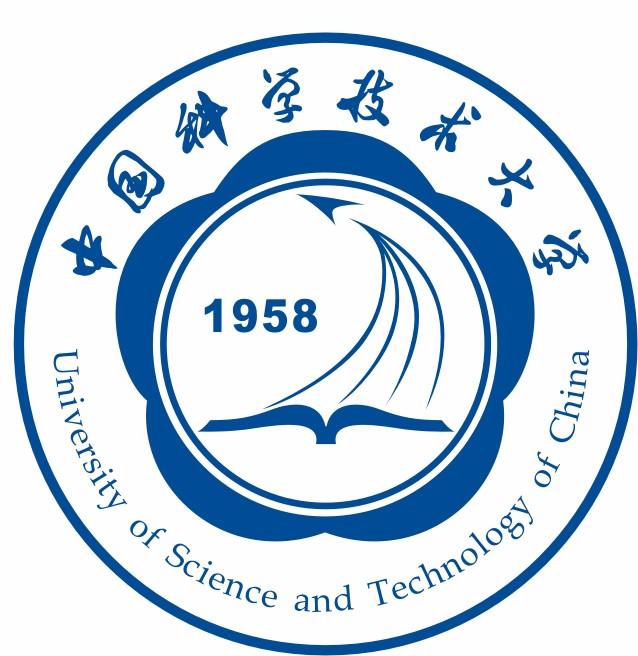题目:Light-assisted fermentative hydrogen production in an intimately-coupled inorganic-bio hybrid with self-assembled nanoparticles
摘要:Photosensitizing bacterial cells with semiconductor nanoparticles is an attractive way to enhance fermentative hydrogen production metabolism via providing extra driving force of solar energy, but the enhancement degree is typically limited by inefficient utilization of extracellular photo-electrons. Here, an intimately-coupled inorganic-bio hybrid with enhanced hydrogen-producing activity was constructed by utilizing self-assembled selenide/ sulfide semiconductor nanoparticles (CdSexS1-x) in Escherichia coli as the light harvester. Due to circumvention of transmembrane electron transfer limitation, this hybrid exhibited 2.6-fold higher hydrogen production rate than those with extracellular nanoparticles and achieved light energy conversion efficiency as high as 27.6%. The incorporation of photocatalysis did not impair the bacterial viability, attributed to an efficient scavenging of photo-excited holes by metabolites (e.g., lactate) and minimal reactive oxygen species production. Overall, the light-assisted fermentation system developed in this study offer opportunities for sustainable production of bio-hydrogen and may be extended to bio-photocatalytic production of other valuable chemicals.
Graphical Abstract:

全文链接: https://www.sciencedirect.com/science/article/abs/pii/S1385894721028357
